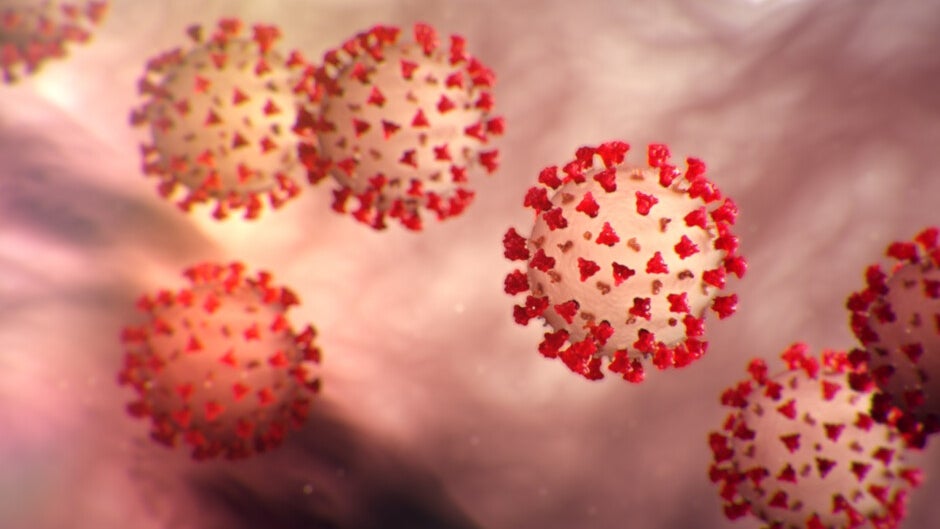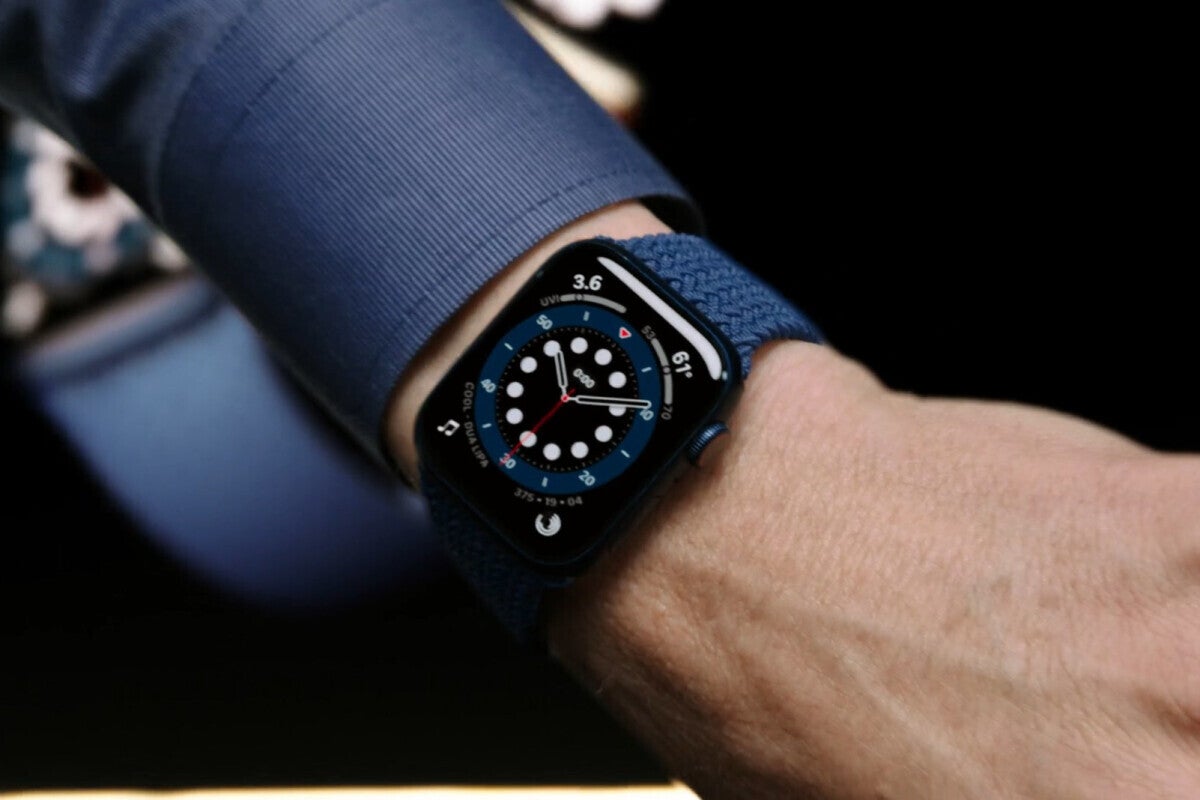The Apple Watch is becoming an important tool in the fight to stop the spread of COVID-19

Suppose there were a consumer electronics device that could tell you whether you have coronavirus, and give you your results faster than a standard COVID test. According to CBS News, smartwatches like the Apple Watch, and those produced by Fitbit and Garmin, can tell someone whether they have coronavirus before symptoms appear and even before swab tests come back positive. This is important since a recent CDC test discovered that more than half of coronavirus cases are spread by people who are asymptomatic.
Smartwatches can determine if someone has COVID-19 faster than a standard nose swab test
The reports that say how smartwatches can play an important role in COVID-19 testing aren't coming from the tech firms that manufacture these devices. These reports are coming from legitimate medical institutions such as Mount Sinai Health System in New York and California's Stanford University. The ease of using a smartwatch to test for coronavirus could play an important role in getting a handle on the virus.

Studies show that smartwatches are better than standard tests in determining whether someone has coronavirus
Mt. Sinai researchers discovered that the Apple Watch can detect subtle changes in a person's heartbeat that indicate that this individual has coronavirus as much as seven days before feeling sick or getting a positive result from a standard COVID test. The researchers studied heart rate variability which is the variation in time between each heartbeat. This can measure how well a person's immune system is working. Rob Hirten, assistant professor of medicine at the Icahn School of Medicine at Mount Sinai in New York City said, "We already knew that heart rate variability markers change as inflammation develops in the body, and COVID is an incredibly inflammatory event. It allows us to predict that people are infected before they know it."
Individuals with COVID-19 have lower heart rate variability which means that the time between their heart beats barely changes.Those without COVID-19 experience larger variations in the time between heart beats. Keep in mind that increased heart rate variability has nothing to do with an elevated heart rate. A high heart rate variability is a sign of an active nervous system belonging to a person who is more resilient to stress. So while a high heart rate is not good for a person's health, a high heart rate variability could be a good sign.
While running a test, 300 Mt. Sinai workers wore an Apple Watch during the five months between April 29th and September 29th. As Mt. Sinai's Hirten points out, "Right now, we rely on people saying they're sick and not feeling well, but wearing an Apple Watch doesn't require any active user input and can identify people who might be asymptomatic. It's a way to better control infectious diseases."
A different study run by Stanford was based on the theory that 81% of those who tested positive for coronavirus had changes in their resting heart rates up to nine and a half days before symptoms first appeared. An extremely high heart rate was a sign that symptoms of COVID-19 had just started. Researchers at Stanford used smartwatch data to identify 67% of COVID-19 cases four to seven days before symptoms first appeared. The team also created an alarm to let wearers know that their heart rates have been elevated for a sustained period of time.
Stanford University Professor Michael Snyder, who led the study, said, "We set the alarm with a certain sensitivity so it will go off every two months or so. Regular fluctuations won't trigger the alarm — only significant, sustained changes will." Snyder also stated that "It's a big deal because it's alerting people not to go out and meet people." Snyder's own alarm recently went off forcing him to cancel an in-person meeting in case he was infectious. The Stanford study examined 32 people who tested positive for the virus out of a total of 5,000 people who participated in the study.
Current coronavirus testing has drawbacks that using a smartwatch can solve. Snyder points out that "The problem is you can't do it (standard COVID testing) on people all the time, whereas these devices measure you 24/7. The smartwatch gives you back the data right away, in real time, whereas if you're lucky you'll get your test back in a few days." Most smartwatches can measure the wearer's heart rate and the Apple Watch Series 4 and more recent models can perform an electrocardiogram (ECG) that monitors the user's heart rhythm.
Follow us on Google News













Things that are NOT allowed:
To help keep our community safe and free from spam, we apply temporary limits to newly created accounts: